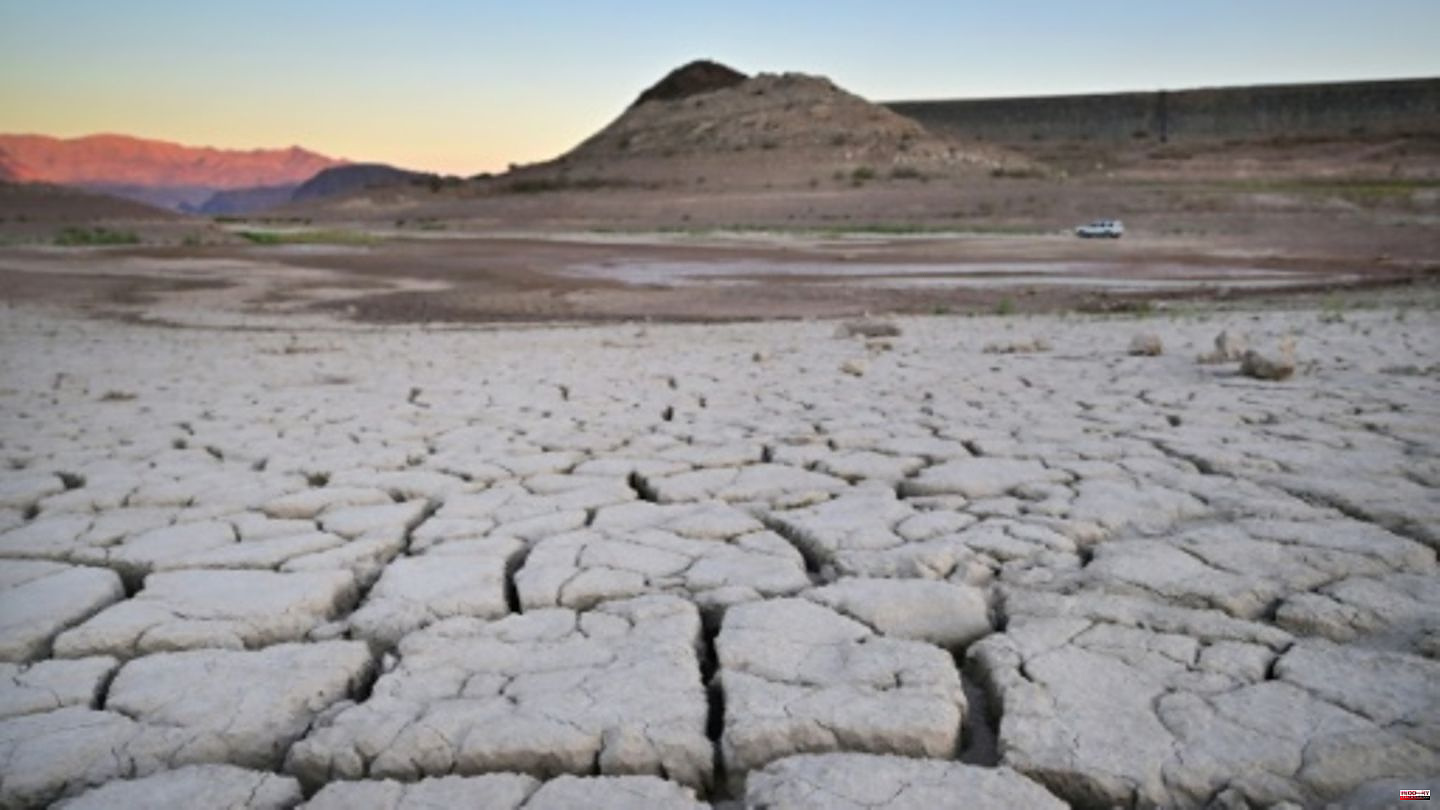The information from the WMO is not yet definitive because only preliminary temperature data is available for the current year. According to this, 2022 should rank fifth or sixth of the hottest years ever. The final evaluation will be published next year.
"As COP27 kicks off, our planet is sending out a distress signal," said UN Secretary-General António Guterres. The WMO report is the "chronicle of a climate chaos".
According to the WMO report, the earth has already warmed by around 1.15 degrees since the end of the 19th century. Around half of the increase has taken place in the past 30 years. With this drastic warming, melting glaciers, rising sea levels and extreme weather events such as heavy rain and heat waves would have increased.
"The greater the warming, the greater the impact," summarized WMO chief Petteri Taalas. In 2022 there were serious extreme weather events worldwide. In Pakistan, for example, a third of the country was flooded and eight million people were forced to flee. East Africa, on the other hand, is suffering from droughts after the fourth weak rainy season in a row.
But "even well-prepared societies" have suffered greatly from the consequences of extreme weather this year, emphasized Taalas. Large parts of Europe and southern China have experienced heat waves and droughts. In Europe, the melting of the Alpine glaciers in 2022 reached a new sad record.
The report also finds particularly strong warming at the surface of the oceans, which absorb more than 90 percent of the heat generated by humanity's greenhouse gas emissions. This warming has increased particularly sharply in the past 20 years, and according to the WMO it reached a new record in 2021.
Among other things, heat waves in the world's oceans threaten the coral reefs, which are the habitat for numerous species and on which half a billion people depend economically. In 2022, more than half of the ocean's surface was affected by at least one heat wave, the WMO report states.
Sea level rise has doubled over the past 30 years as a result of melting ice sheets and glaciers. This development threatens tens of millions of people in low-lying coastal areas.












